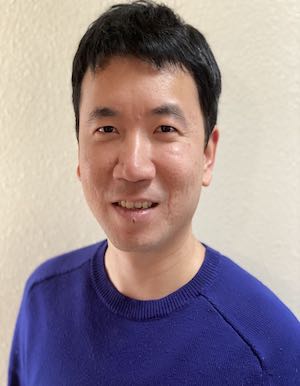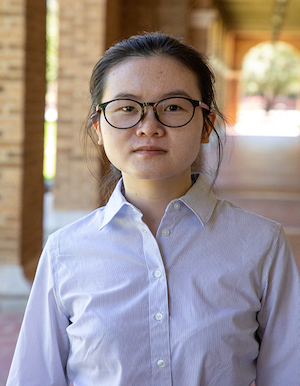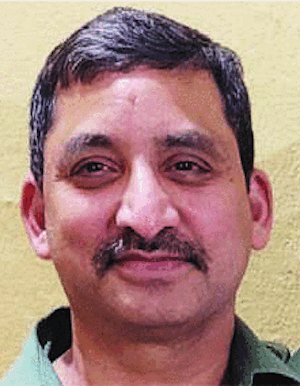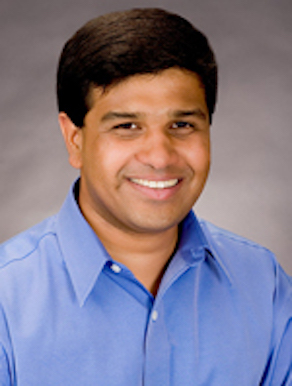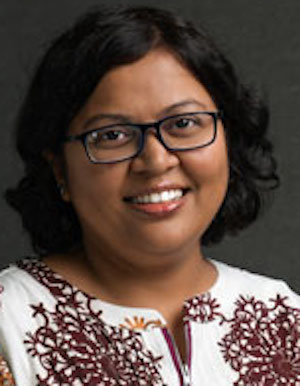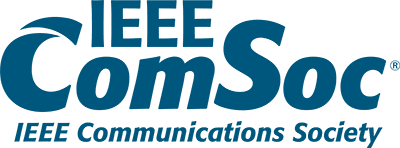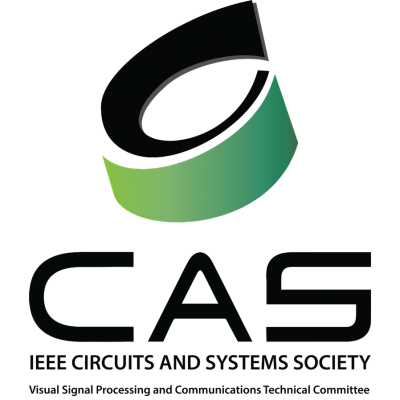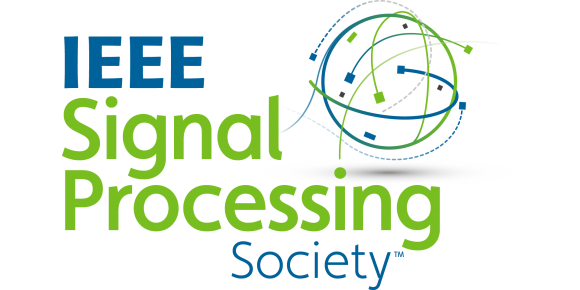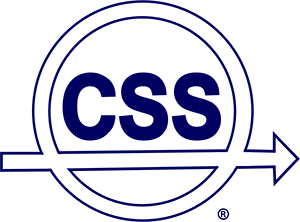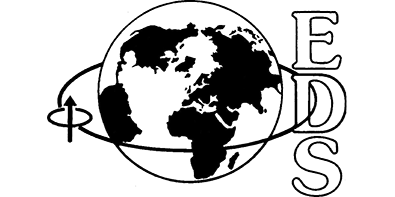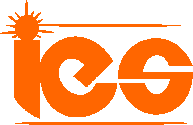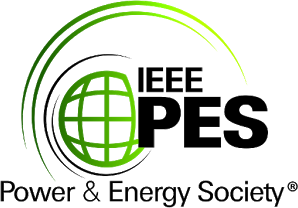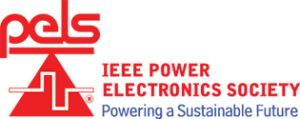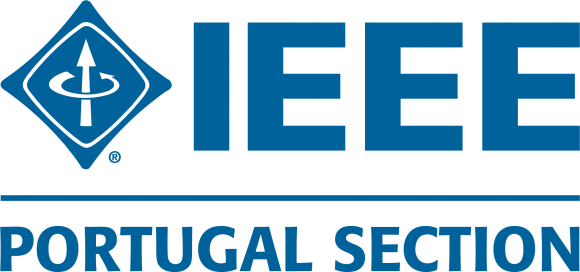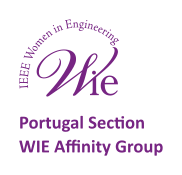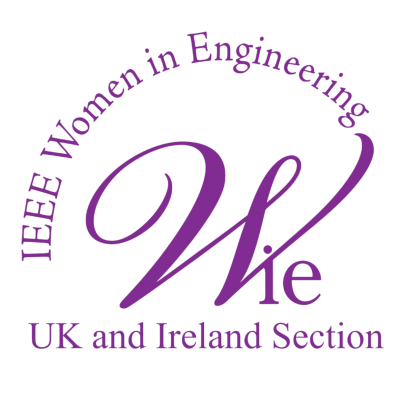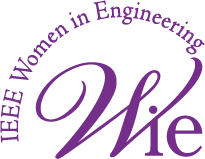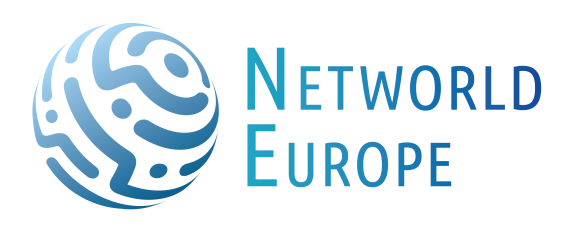1st Workshop on Aerial and Space Networks for Internet of Things
Track ID: Work-15
Description
Despite several key insights have been focusing onto the integration of terrestrial into aerial and satellite networks, it is still unclear that how ASNs facilitates IoT applications and whether ASNs can satisfy the various requirements of heterogeneous IoT devices. IEEE WF-IoT 2023 Workshop on Aerial and Space Networks for Internet of Things anticipates to attract a large volume number of high-quality submissions and foster the communication among academic researchers/scientists, industrial engineers/leaders, and practitioners with a common interest in the interplay among wireless communications and networking, Artificial Intelligence (AI), edge computing, IoT, and security. The workshop will promote the development of underexplored research studies that are very critical to achieve agile, robust, flexible, and scalable ASNs to serve heterogeneous IoT devices and applications.
This workshop aims to summarize and stimulate discussion on these cutting-edge areas, and provide communities with the latest progress, existing challenges, and potential directions. The topics cover multiple categories of practices include 1) advanced wireless communications for ground-to-air, ground-to-space, air-to-space, air-to-air, and space -to-space, 2) intelligent coordination and networking on ASNs for IoT applications, 3) edge computing in ASNs for IoT applications, and 4) cybersecurity and reliability of ASN for IoT applications. Advancements in both academia and industry are welcome, and the workshop will provide a lively environment to facilitate discussions and exchanges among participants. Besides, selected workshop papers will be recommended for further journal submissions.
Topics of Interest
- Massive MIMO, mmWave communications, terahertz communications, and free space optics in ASNs for IoT applications
- Advanced antenna design for ASNs
- Channel measurement and modelling for ground-to-space, air-to-space, air-to-air, and space -to-space wireless links.
- Semantic communications for ASNs, such as semantic entropy, semantic compression, semantic encoding and decoding, resource management for semantic communications, network protocols for semantic communications, federated learning for semantic communications
- Integrated sensing and communications (ISAC) for ASNs
- New networking architecture design for ASNs, such as OpenRAN and SDN
- Intelligent network orchestration in ASNs for IoT applications, such as 3D aerial node placement/trajectory design, and aerial and space network reconfigurations.
- Radio resource management in ASNs for IoT applications
- Optimized coexistence among terrestrial, arial, and space networks
- Machine learning assisted task offloading optimization in ASN based edge computing
- Wireless network optimization in ASN based edge computing
- Data compression in ASN based edge computing for IoT applications.
- Privacy and security for in ASN based edge computing
- Cyber security and physical-layer security for wireless communications in ASNs.
Paper Submission Deadline
Important Dates:
- Deadline for Paper Submissions: July 30th, 2023
- Acceptance Notification: September 8th, 2023
- Deadline for Camera-Ready Paper Submissions: September 29th, 2023
- Deadline for Presentation Submissions: October 2nd, 2023
Papers should be six (6) pages in length and follow the instruction provided for the main Conference. The conference allows up to two additional pages for a maximum length of eight (8) pages with payment of extra page charges once the paper has been accepted.
Please submit your paper for this Workshop using the link to eWorks:
Call For Papers:
If you have any questions, please contact Dr. Xiang Sun: sunxiang@unm.edu
Chairs
Xiang Sun: University of New Mexico
Dr. Xiang Sun is an assistant professor with the Department of Electrical and Computer Engineering at the University of New Mexico. He received his Ph.D. degree in Electrical Engineering from New Jersey Institute of Technology (NJIT) in 2018, and his M.E. and B.E. degrees both from Hebei University of Engineering in 2011 and 2008, respectively. His research interests include free space optics, wireless networks, federated learning, Internet of Things, edge computing, and UAV swarm control. He has received several honors and awards, including 2016 IEEE International Conference on Communications Best Paper Award, 2017 IEEE Communications Letters Exemplary Reviewers Award, 2018 NJIT Hashimoto Price, 2019 IEICE Communications Society Best Tutorial Paper Award, 2019 NJIT Outstanding Doctoral Dissertation, and 2022 Digital Communications and Networks Outstanding Associate Editor Award. He is an associate editor of the IEEE Open Journal of the Computer Society and Digital Communications and Networks.
Jingjing Yao: Texas Tech University
Jingjing Yao received the B.S. degree in information and communication engineering from Dalian University of Technology, Dalian, China, in 2013, the M.S. degree in information and communication engineering from the University of Science and Technology of China, Hefei, China, in 2016, and the Ph.D. degree in computer engineering from New Jersey Institute of Technology, Newark, NJ, USA, in 2021. She is an Assistant Professor of Computer Science with Texas Tech University, Lubbock, TX, USA. Her research interests include Internet of Things, applied machine learning in communication and networking, drone-assisted networking, and mobile edge computing.
Kamesh Namuduri: University of North Texas
Kamesh Namuduri (kamesh.namuduri@unt.edu) is a professor of electrical engineering and the director of the Autonomous Systems Laboratory at the University of North Texas, Denton, Texas, 76207, USA. He received his Ph.D. degree in computer science and engineering from University of South Florida in 1992. His research interests include aerial networking and communications. He is serving as the chair for two standards working groups (IEEE 1920.1: Aerial Communications and Networking and IEEE P1920.2: Vehicle-to-Vehicle Communications for Unmanned Aircraft Systems). He was named as a Distinguished Lecturer by the IEEE Vehicular Technology Society for the term 2021–2023
Sudharman Jayaweera: University of New Mexico
Sudharman K. Jayaweera received the high school education from Rahula College, Matara, Sri Lanka, the B.E. degree (Hons.) in electrical and electronic engineering (EEE) from The University of Melbourne, Australia, and the M.A. and Ph.D. degrees in electrical engineering (EE) from Princeton University. From 2009 to 2011, he was a Faculty Fellow with the Kirtland Air Force Research Laboratory (AFRL) Space Vehicles Directorate (AFRL/RVSV), Albuquerque, NM, USA, and a National Academy of Sciences National Research Council (NRC) Senior Fellow with the Naval Postgraduate School (NPS), Monterey, CA, USA, in 2013. He was also a Science Journalist with the Associated Newspapers Ceylon Limited (ANCL), Colombo, Sri Lanka. He is currently a Professor with the Department of Electrical and Computer Engineering, The University of New Mexico (UNM), Albuquerque, where he served as the Associate Chair and the Director of the Graduate Program. He is also the Founding Director of the Communications and Information Sciences Laboratory (CISL), UNM, and the Founder and the President of Bluecom Systems and Consulting, a research and development startup company in Albuquerque. He is the author of the book titled Signal Processing for Cognitive Radios (Wiley, 2015). His research interests include wireless/cognitive/cooperative communications, milcom/milsatcom, machine learning, artificial intelligence, GPS, statistical signal processing, and information theory. He was selected to be a fellow of the European Alliance for Innovation (EAI). He has served on Organizational and Technical Program Committees for numerous IEEE conferences. He also served as an Editor of IEEE Transactions on Vehicular Technology. He is currently an Editor of IEEE Transactions on Wireless Communications
Ifana Mahbub: University of Texas at Dallas
Ifana Mahbub received the B.Sc. degree in electrical and electronic engineering from the Bangladesh University of Engineering and Technology, Dhaka, Bangladesh, in 2012, and the Ph.D. degree in electrical engineering from the University of Tennessee, Knoxville, TN, USA, in 2017.,She is currently an Assistant Professor and the Texas Instrument’s Early Career Chair Awardee with the Department of Electrical and Computer Engineering, The University of Texas at Dallas, Richardson, TX, USA, where she is leading the Integrated Biomedical, RF Circuits and Systems Laboratory (iBioRFCASL). Her research interests include ultrawideband/mmwave phased-array antenna design for far-field wireless power transfer and vehicle-to-vehicle (V2V) communications.,Dr. Mahbub was a recipient of the NSF “Early Career Award” in 2020 and the DARPA “Young Faculty Award” in 2021. She also serves as the Secretary of the URSI Commission K and a Guest Editor for the IEEE Open Journal of Antennas and Propagation and Sensors (MDPI) journal.



